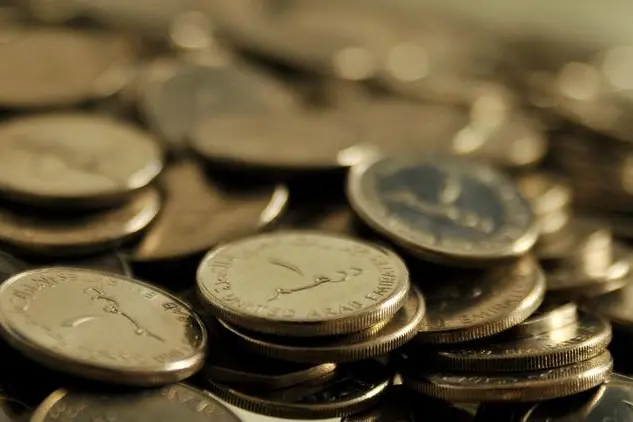PHOTO
Sunday, Dec 04, 2016
Dubai: Inflation in the UAE moderated in the first nine months of 2016, but from the fourth quarter the prices are seen heading north with a potential sharper rise in inflation in the first quarter of 2017.
“We see this pickup [in inflation] as being partly driven by higher fuel prices. Domestic gasoline prices have generally been rising since August resulting in a weaker drag on headline inflation. We expect to see a particularly sharp yearly rise in fuel prices in the first quarter of 2017 given the low base, especially in February and March,” said Monica Malik, Chief Economist of Abu Dhabi Commercial Bank (ADCB).
While the UAE’s annual average inflation rate is expected to accelerate to 2.8 per cent in 2017, up from 1.7 per cent in 2016, economists have forecast a further rise in consumer price inflation in 2018 to 4.8 per cent, with the introduction of 5 per cent value added tax (VAT) due to be rolled out in the UAE on 1 January 2018.
The rise in inflation is expected to contribute to the soft consumer-spending backdrop. Wider consumer sentiment is expected to remain weak due to job uncertainties, though the higher oil price outlook is positive.
Although a gradual rise in real non-oil GDP growth is expected in 2017 and 2018, largely driven by the expectation of a pickup in investment activity in Dubai economists see a smaller multiplier from the investment programme on wider economic activity and private consumption.
Fuel prices
Analysts expect that higher fuel prices will feed into inflation through components such as transportation, housing and utilities including fuel prices.
“We expect to see a particularly sharp yearly rise in fuel prices in the first quarter of 2017 given the low base, especially in February and March. We believe that the increase in fuel prices in March 2017 could be over 35 per cent year on year. From the second quarter of 2017 onwards, we expect to see a moderation in fuel-related inflation as the low base effect fades, albeit still rising,” said Shailesh Jha, an economist at ADCB.
The 2017 inflation forecasts are based on the average Brent crude price rising to $54 per barrel in the year, with further upside risks following the Opec agreement to cut output from January 1, 2017.
Rental prices
Other factors that could potentially feed into higher inflation in 2017 include utility price increases in Abu Dhabi and a potentially a more moderate fall in rental prices in Dubai.
“We continue to see greater downside to rental prices in Abu Dhabi in 2017. On the other hand, the strong dollar will help to keep imported inflation weak, as will further price discounting in the domestic market to maintain competitiveness,” said Malik.
The strong dollar is helping to keep imported inflation low given the peg to the US dollar and the fact that most of the UAE’s imports originate from Asia and Europe. The dollar has rallied since the US presidential election in early November, though uncertainties are set to remain until there is further clarity from the new US administration on its economic policy.
By Babu Das Augustine Banking Editor
Gulf News 2016. All rights reserved.





















